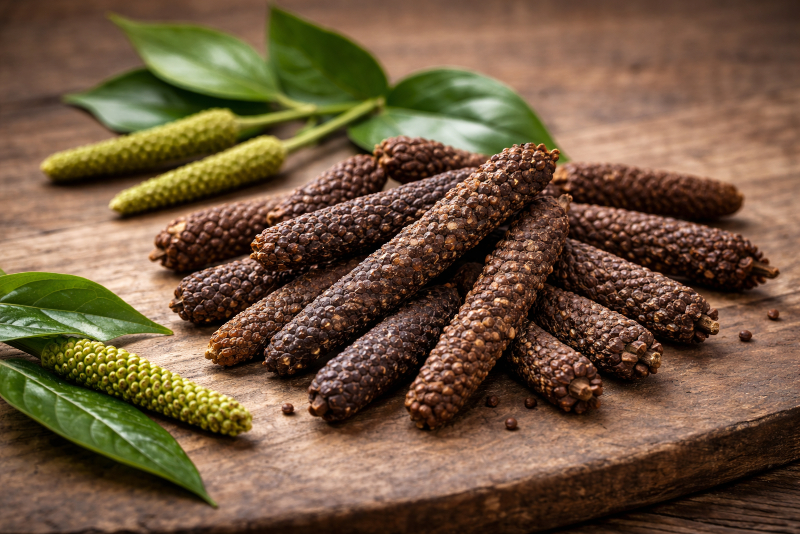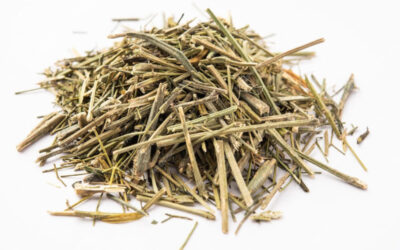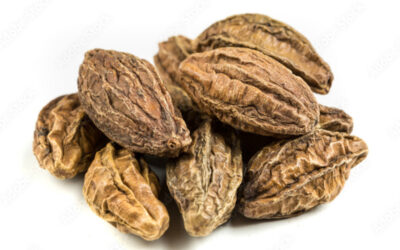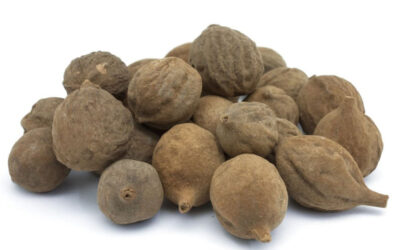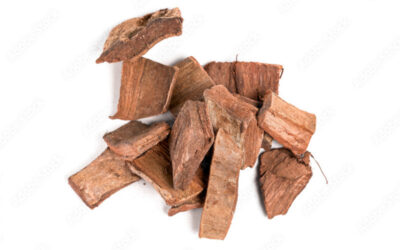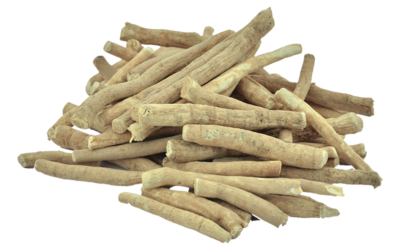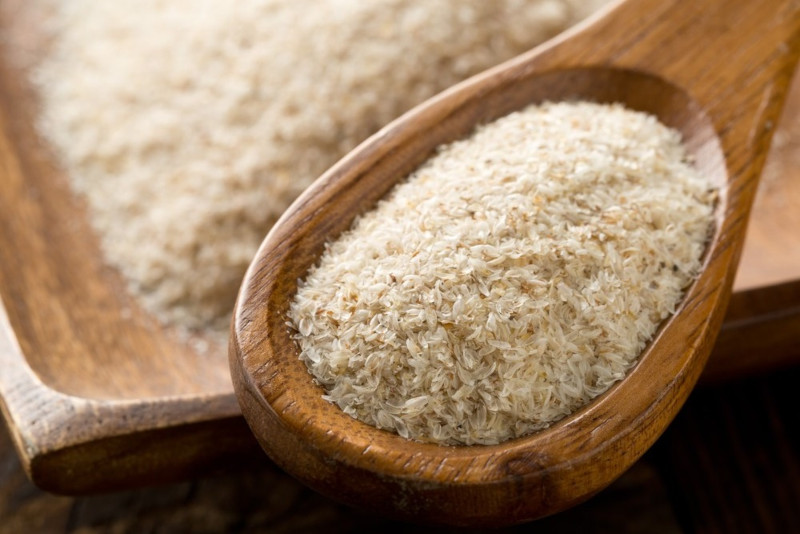
Available in 5 and 25 Kg packs
Product Details
Origin: India
Production: India including others
Name: Isabgol is also known as Psyllium husk, Blond Psyllium, and Indian Plantago.
Nomenclature: Plantago ovata is the botanical name for the plant from which Isabgol is derived. Common Name: Isabgol is the common name used for the seeds and husks of Plantago ovata. It is derived from the Persian words “isap” (horse) and “gol” (flower), referring to the plant’s characteristic small, pale flowers.
Brief History:
Isabgol (Psyllium husk) has a rich history spanning centuries:
Isabgol comes from the seeds of the Plantago ovata plant, native to the Mediterranean region. Historical records suggest its use in traditional medicine for various ailments. In ancient India, Ayurvedic practitioners utilized psyllium seeds for their therapeutic properties, particularly for digestive issues. The Sanskrit name “Isabgol” reflects its early recognition. Psyllium gained attention in medieval Europe, where it was cultivated for medicinal purposes. Its popularity continued to grow as its benefits for digestive health became more widely recognized. In the 20th century, scientific studies began to explore the health benefits of psyllium husk. Its soluble fiber content became a focus for its positive effects on constipation, diarrhea, blood sugar, and cholesterol management. Psyllium received recognition from the U.S. Food and Drug Administration (FDA) for its potential to reduce the risk of heart disease by lowering blood cholesterol, further solidifying its role in modern medicine. Today, psyllium husk is a key ingredient in various dietary supplements and fiber-rich products. Its historical roots in traditional medicine continue to align with its contemporary use in promoting digestive health and addressing various medical conditions.
Physical Properties:
Isabgol (Psyllium husk) typically appears as a fine powder or small granules. The color may vary, ranging from pale yellow to light brown. It has a smooth and slightly grainy texture, with the powder easily dispersing in water. Isabgol (Psyllium husk) is highly soluble in water, forming a gel-like substance when mixed. This property contributes to its effectiveness as a bulking agent and laxative. Isabgol (Psyllium husk) is relatively bland with a mild, slightly nutty taste. It has minimal odor, making it suitable for incorporation into various food and beverage products. Isabgol (Psyllium husk) has hygroscopic properties, meaning it can absorb and retain water. This property is crucial for its function in promoting bowel regularity. It exhibits stability across a range of pH levels, making it versatile for use in various formulations, including pharmaceuticals and food products. The bulk density of Isabgol (Psyllium husk) varies based on factors such as particle size and moisture content. It is an important consideration in formulating products. When in contact with water, Isabgol (Psyllium husk) has a notable swelling capacity. This property is utilized for its role in improving stool consistency and promoting digestive health.
Health benefits of Isabgol
Psyllium husk offers various health benefits:
- Constipation Relief: Psyllium husk aids in relieving constipation by bulking and binding stools, making them easier to pass. Research indicates its effectiveness without significant side effects.
- Diarrhea Relief: It helps bind loose stools, and for individuals with IBS, studies suggest that psyllium husk can reduce gut inflammation.
- Blood Sugar Management: Regular use of psyllium husk can slow down the rate of glucose absorption, assisting in blood sugar control. For individuals with diabetes, research indicates it can lower fasting blood sugar when taken before meals.
- Cholesterol Management: Psyllium husk binds to bile in the gut, composed of cholesterol, aiding in its removal and potentially reducing LDL cholesterol.
- Combining psyllium husk with statin drugs may enhance their effects, as supported by research.
Psyllium husk also exhibits some prebiotic qualities. Despite being resistant to fermentation, a small amount can be fermented by gut bacteria, producing short-chain fatty acids, including beneficial butyrate.
Nutritional Value: 100 grams of Isabgol (Psyllium husk) contains following ingredients.
Ingredients: Energy: 200 KCal, Carbohydrates: 77.3 grams, Sugar: 0 g, Fibre: 77.3 g, Protein: 4.6 g, Fat: 0.5 g, Saturated Fat: 0.06 g, Monounsaturated Fat: 0.22 g, Polyunsaturated Fat: 0.07g, Sodium 125 mg, Cholesterol: 0 mg, Potassium: 0 mg.
Uses:
Food:
Isabgol serves as a potent thickener in frozen desserts, surpassing starch in binding properties at a lower concentration (1.5% vs. 10% weight/volume). Its mucilage maintains viscosity across diverse conditions: temperatures (20-50 °C), pH levels (2-10), and salt concentrations (up to 0.15 M). Isabgol seed husks enhance gluten-free baked goods’ texture, bind meatballs, and thicken sauces. Additionally, some people use them to alleviate irritable bowel syndrome symptoms.
Medicinal Uses:
Psyllium is a form of fiber made from the husks of the Plantago ovata plant’s seeds. It goes by the name isabgol. It’s most commonly known as a laxative. However, research shows that taking isabgol is beneficial to many parts of the human body, including the heart and the pancreas.
Constipation
Isabgol functions primarily as a non-absorbable dietary fiber, exerting a mechanical effect by absorbing excess water and promoting regular bowel movements. While commonly known for its laxative properties, it more accurately serves as a dietary fiber, aiding in alleviating symptoms of both constipation and mild diarrhea. Its laxative effect is attributed to water absorption and stool softening, and it may induce some increase in flatulence (gas).
High blood cholesterol
In 1998, the U.S. FDA approved a health claim for dietary Isabgol as a soluble fiber, stating that regular consumption could reduce the risk of heart disease by lowering blood cholesterol. Clinical research showed that seven grams or more of Isabgol soluble fiber per day effectively lowered total cholesterol and low-density lipoprotein cholesterol in individuals with hypercholesterolemia, key markers for coronary heart disease risk. This conclusion was later supported by a meta-analysis incorporating additional evidence. For a food or supplement to carry the FDA-approved health claim, it must contain at least 1.7 g of Isabgol as soluble fiber, with other sources like whole oats, barley, and beta-glucan soluble fiber also meeting eligibility criteria.
Weight loss
Dietary supplements containing Isabgol are used to aid weight loss.
Type 2 diabetes
In 2014, the U.S. FDA approved a qualified health claim for Isabgol, suggesting it might reduce the risk of type 2 diabetes. The mandated label acknowledges limited scientific evidence for this. A subsequent meta-analysis found that Isabgol, especially beneficial for diagnosed type 2 diabetes patients, showed modest improvements in pre-diabetic individuals in terms of fasting blood glucose and glycated hemoglobin when taken before meals.
Hypertension
Isabgol has been found, through a meta-analysis of clinical trials, to significantly lower blood pressure in individuals with hypertension.
Veterinary medicine
Isabgol fiber dietary supplements are utilized in veterinary medicine, specifically for horses, to address sand impaction. These supplements assist in the elimination of sand from the horse’s colon, serving as a remedy for this particular condition.
